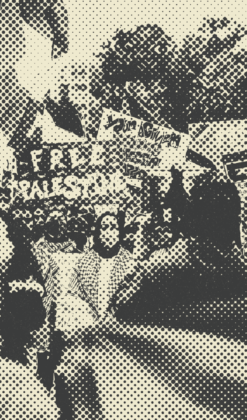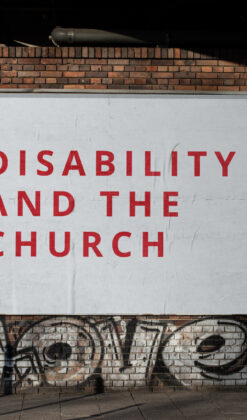In his book, Writing Tools, Roy Peter Clark encourages writers to “fear not the long sentence.” It is true, of course, that as a general rule, writers should be enslaved to concision. And long sentences are often not needed and usually create a cumbersome voice and clunky prose.
“But fear not the long sentence,” says Clark. Sometimes, if done stragetically, a long sentence can be effective and even necessary. After hearing this advice a few years ago, I’ve tried to slip in at least one very long sentence toward the end of every book I write. Part of this is branding; a sort of signature that makes its way into the story like Alfred Hichcock or M. Night Shamalan. But a larger reason for my long sentence is to see if I can sum up much of what I’ve said in one sentence that artistically captures both the tone and content of my main point.
In any case, my favorite, most powerful, long sentence I’ve ever read comes in Martin Luther King’s “A Letter from the Birmingham Jail.” In context, King is defending his movement against some supporters who agreed with his mission but thought that it was ill-timed. They encouraged King to wait. Lay off the gas. Give it time. To which King says:
Frankly, I have yet to engage in a direct-action campaign that was “well timed” in the view of those who have not suffered unduly from the disease of segregation. For years now I have heard the word “Wait!” It rings in the ear of every Negro with piercing familiarity. This “Wait” has almost always meant “Never.” We must come to see, with one of our distinguished jurists, that “justice too long delayed is justice denied.” We have waited for more than 340 years for our constitutional and God-given rights. The nations of Asia and Africa are moving with jetlike speed toward gaining political independence, but we stiff creep at horse-and-buggy pace toward gaining a cup of coffee at a lunch counter. Perhaps it is easy for those who have never felt the stinging darts of segregation to say, “Wait.”
Then comes King’s 310 word journey-sentence that’s so well-crafted and so rhetorically powerful that’s worth of every word.
But when you have seen vicious mobs lynch your mothers and fathers at will and drown your sisters and brothers at whim; when you have seen hate-filled policemen curse, kick and even kill your black brothers and sisters; when you see the vast majority of your twenty million Negro brothers smothering in an airtight cage of poverty in the midst of an affluent society; when you suddenly find your tongue twisted and your speech stammering as you seek to explain to your six-year-old daughter why she can’t go to the public amusement park that has just been advertised on television, and see tears welling up in her eyes when she is told that Funtown is closed to colored children, and see ominous clouds of inferiority beginning to form in her little mental sky, and see her beginning to distort her personality by developing an unconscious bitterness toward white people; when you have to concoct an answer for a five-year-old son who is asking: “Daddy, why do white people treat colored people so mean?”; when you take a cross-country drive and find it necessary to sleep night after night in the uncomfortable corners of your automobile because no motel will accept you; when you are humiliated day in and day out by nagging signs reading “white” and “colored”; when your first name becomes “nigger,” your middle name becomes “boy” (however old you are) and your last name becomes “John,” and your wife and mother are never given the respected title “Mrs.”; when you are harried by day and haunted by night by the fact that you are a Negro, living constantly at tiptoe stance, never quite knowing what to expect next, and are plagued with inner fears and outer resentments; when you go forever fighting a degenerating sense of “nobodiness”–then you will understand why we find it difficult to wait.
King goes on to conclude:
There comes a time when the cup of endurance runs over, and men are no longer willing to be plunged into the abyss of despair. I hope, sirs, you can understand our legitimate and unavoidable impatience.
So “fear not the long sentence!” But its effect is strengthened by using it sparingly.











